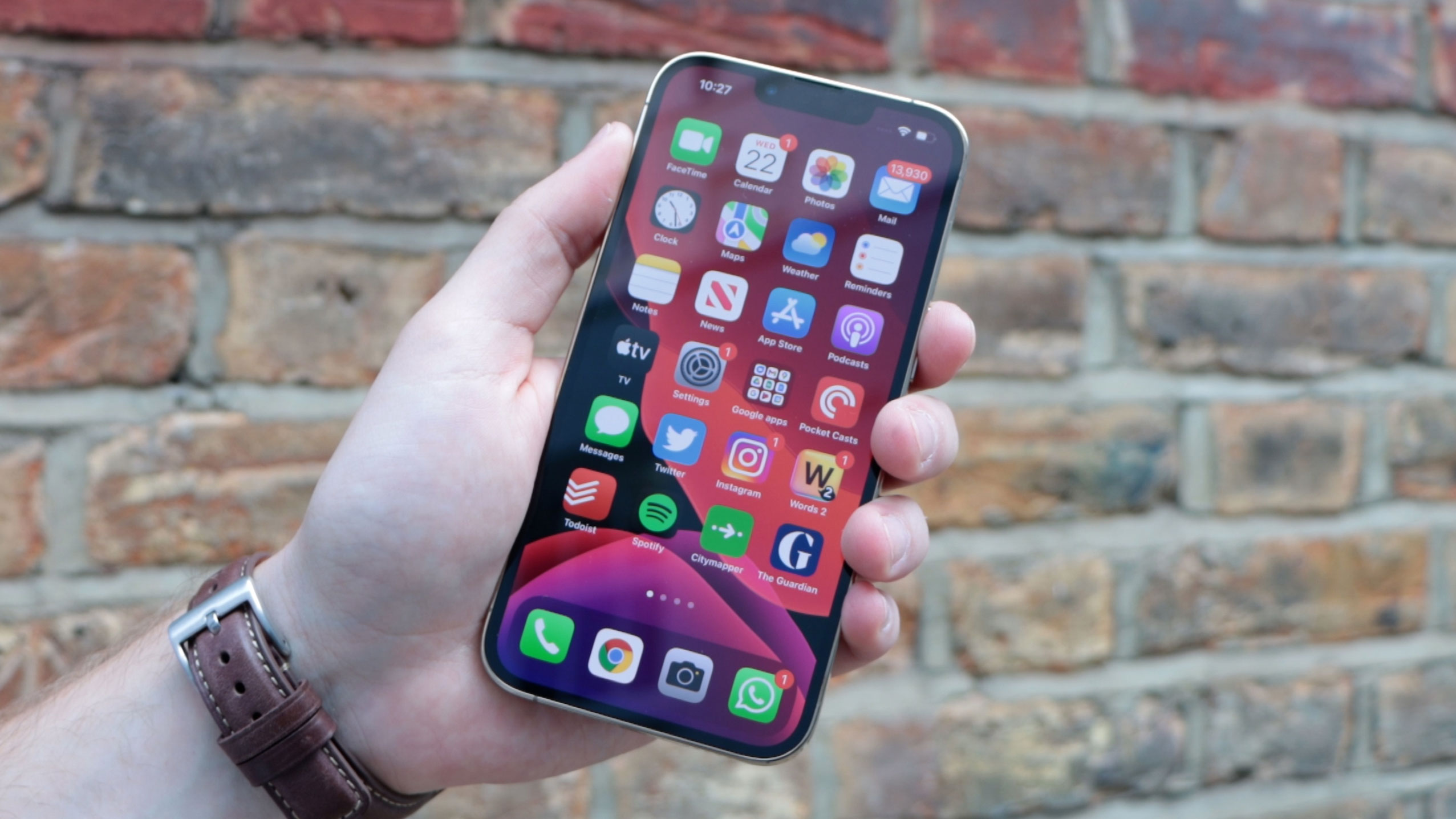iPhone 13 and MacBook Pro orders are running into big delays
Want a new iPhone 13 or MacBook Pro? Expect to wait

While we’d heard that the new iPhone 13 may run into production issues resulting in fewer units shipped in the coming months, the situation might be even more dire. A new report suggests most of Apple’s new slate of products, including the iPad mini 2021, new iPad 2021, Apple Watch 7, and MacBook Pro, are backordered so severely that shipments might not be fulfilled until November or December.
Backorders on new Apple products aren’t new, but new devices are seeing the longest delays in years, per Bloomberg. This may impact Black Friday deals this year, too.
Apple’s online store listings illustrate how far out product delays are: at the time of this writing, it’ll take at least a month to get an iPhone 13 Pro in your hands in most markets (estimated arrival: Nov 19-29), and the the MacBook Pro 16-inch has an identical month-away shipping window (the MacBook Pro 14-inch has a three-week delay until Nov 12-19).
While you can get a new iPad mini 2021 rushed to your door in two hours for an extra fee in some countries, normal deliveries are delayed for a month, and the same is true for the new iPad 2021. The Apple Watch 7 seems hit hardest, and will take over a month to arrive (Nov 30-Dec 7).
- What we know about Black Friday iPhone 13 deals
- These are the very best iPhones
- What we know so far about the iPhone 14
The delays aren’t limited to Apple’s newest products – even the iPhone 12 and iPhone 11 lines are seeing similar delays from two weeks to a month, respectively.
Apple’s not alone in product delays: the global chip shortage continues to make GPUs and PS5s nigh impossible to get, and impeding the rollout of other products. But the backorders come on the heels of an earlier Bloomberg report claiming production delays will result in 10 million fewer iPhone 13 units shipped over the next few months into the crucial holiday period, which is when Apple’s sales typically peak for the year.
Apple is expected to do almost $120 billion in sales, up 7% from last year, of which half is projected to come from iPhone sales, but that number could fall short if these shortages persist. More importantly for consumers – that new iPhone or MacBook Pro you’ve been eyeing might not make it in time for a holiday gift.
Sign up for breaking news, reviews, opinion, top tech deals, and more.
Analysis: why all these Apple delays?
We were excited to see the new MacBook Pro 14-inch and MacBook Pro 16-inch models debut at Apple’s October event, but quickly saw that the continued impact of Covid on production and supply chains could mean a lot fewer MacBook Pros available to buy over the holidays, let alone many MacBook Pro Black Friday deals.
Diving deeper into the reported 10 million-unit iPhone 13 shortfall, analysts and experts affirmed that the report was plausible given how many fault points along the production, supply, and shipping chain could result in serious cascading delays.
But Apple does command a lot of priority among those chains due to the sheer volume of its orders – while the company rarely shares how many units it’s sold, IDC estimated that the company sold around 90.1 million iPhones during Q1 2021 (which includes the 2020 holiday season), per CNBC, and we’d only expect them to sell more. So fewer iPhones for this year’s holiday season is relative: we don’t know how many more iPhones Apple had projected to sell.
Analysts further cautioned us against reading too much into a single supply chain report and its effects – retailers could rely more on existing stock, or Apple could make adjustments (or coax more device shipments) to make up for the shortage by the time holiday sales roll around. It’s too early to tell if consumers will run into availability issues with Apple’s new products – but these reports do suggest buyers might want to account for delays during Black Friday and other upcoming shopping periods.
- Best phone 2021: the top 15 smartphones you can buy in the US right now
Via 9to5Mac

David is now a mobile reporter at Cnet. Formerly Mobile Editor, US for TechRadar, he covered phones, tablets, and wearables. He still thinks the iPhone 4 is the best-looking smartphone ever made. He's most interested in technology, gaming and culture – and where they overlap and change our lives. His current beat explores how our on-the-go existence is affected by new gadgets, carrier coverage expansions, and corporate strategy shifts.